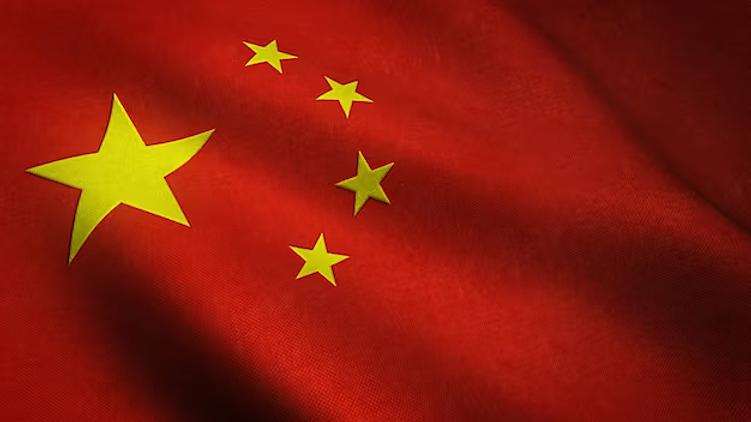Discover China’s stealthy rise to global AI leadership, reshaping industries with strategic innovation. Implications, challenges, and its future impact explored.
China has stealthily emerged as a dominant force in the realm of artificial intelligence (AI) over the past decade. The rise throws a challenge to the longstanding supremacy of the United States. Unlike other countries that boast about AI advancements, China’s approach has been strategic and understated, yet remarkably effective.
Fuelled by strong government support, a vast talent pool, and a wealth of data, China has positioned itself at the forefront of AI innovation. Their strieds are felt across sectors such as healthcare, finance, transportation, and surveillance. In this post, we explore how China’s quiet but remarkable rise in AI is reshaping global dynamics and sparking fierce competition among nations.
A Stealthy Approach to AI Development
China has steadily made its mark on the global stage with a less flashy but more methodical approach to AI advancement. Rather than seeking immediate global attention, Chinese companies and researchers have focused on nurturing local talent, fostering innovation, and building solid infrastructure.
This patient approach has yielded significant progress in AI applications, including facial recognition technology, autonomous vehicles, and smart city systems.
Key Strategies for Advancing AI Technology
China’s success in AI is underpinned by several key strategies. Firstly, the government has provided robust financial support and investment in AI research and development. This is true both for domestic startups and established companies.
Moreover, China has accumulated an extensive database of user information for training AI algorithms. The country’s large population further enhances data diversity, while collaboration between academia and industry fosters innovation and knowledge exchange.
Implications of China’s Silent Dominance in AI
China’s unassuming rise in the AI industry carries far-reaching implications. Operating discreetly allows China to shape global standards and norms, potentially embedding its values and ideologies within AI systems worldwide. This raises concerns about privacy, censorship, and surveillance, given China’s prioritisation of state control over individual freedoms.
Furthermore, China’s silent expansion poses a threat to Western technological leadership, potentially impacting economic competitiveness and national security.
As Chinese AI companies gain more influence globally, it becomes crucial for countries to establish robust regulatory frameworks that balance innovation with ethical considerations.
The Future of Chinese AI and its Global Impact
As Chinese AI technology continues to advance, its global impact is eagerly awaited. With a stealthy approach rather than grand proclamations, China has rapidly emerged as a leading player in the AI field. China’s substantial investments in AI research, development, and talent acquisition position it to revolutionise industries worldwide.
In this evolving landscape, it is imperative for all stakeholders to collaborate on establishing transparent and ethical guidelines that ensure the responsible and equitable use of AI on a global scale.

